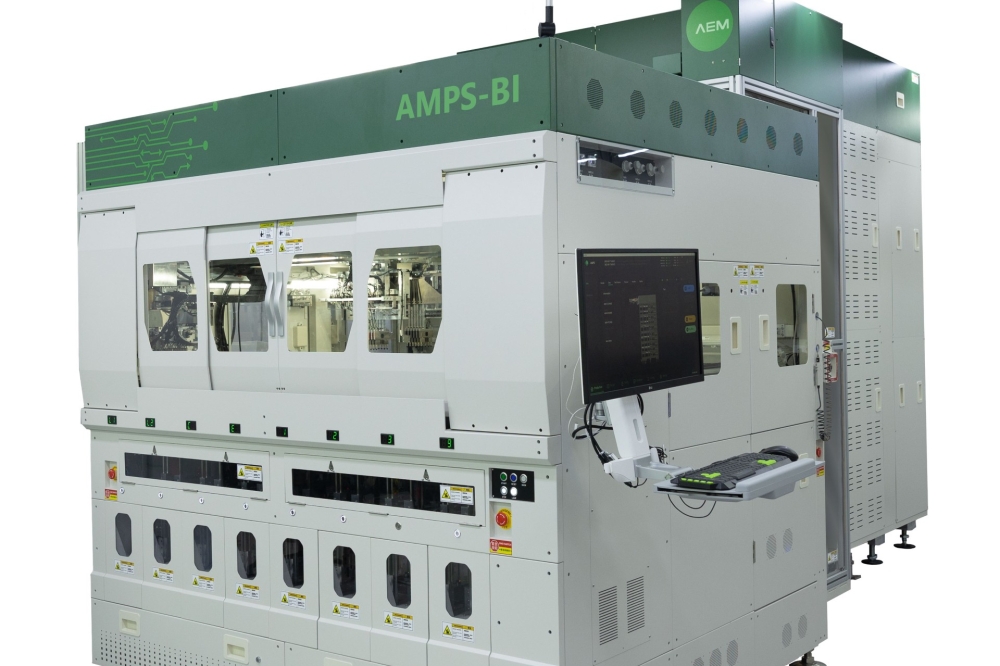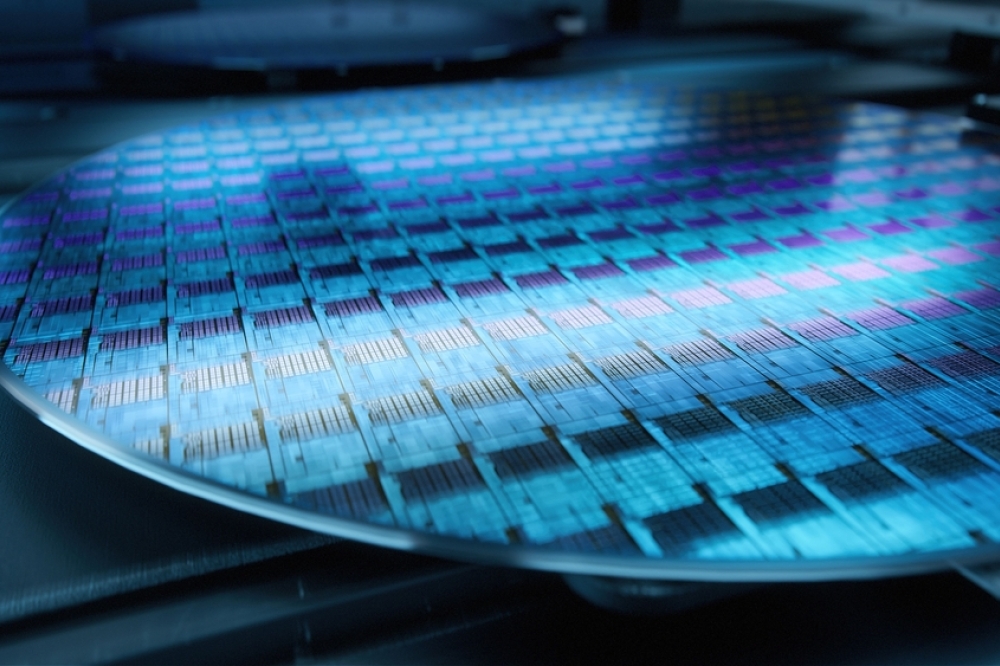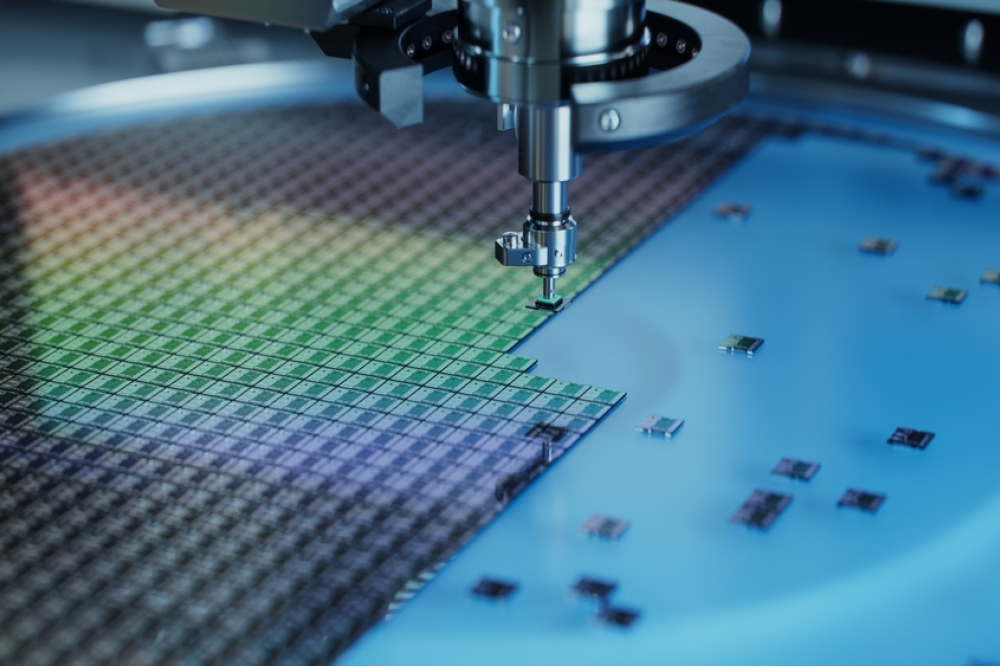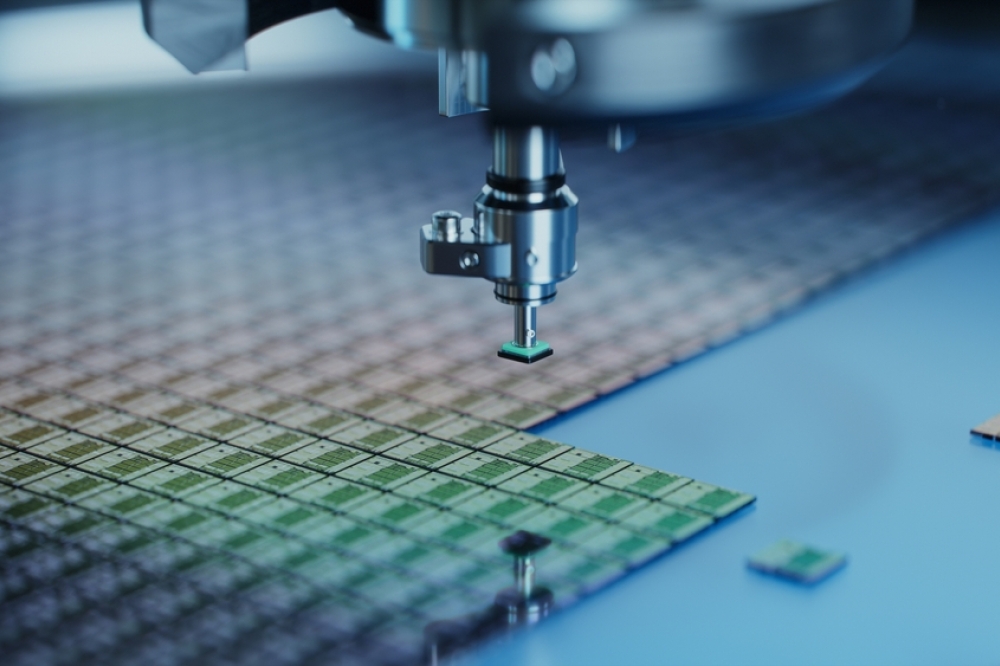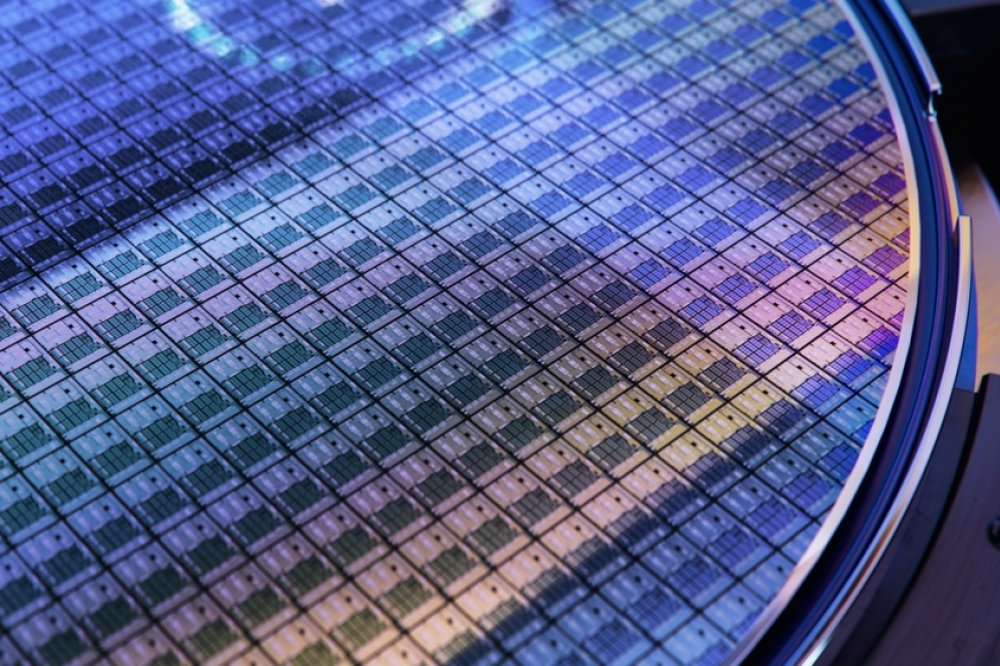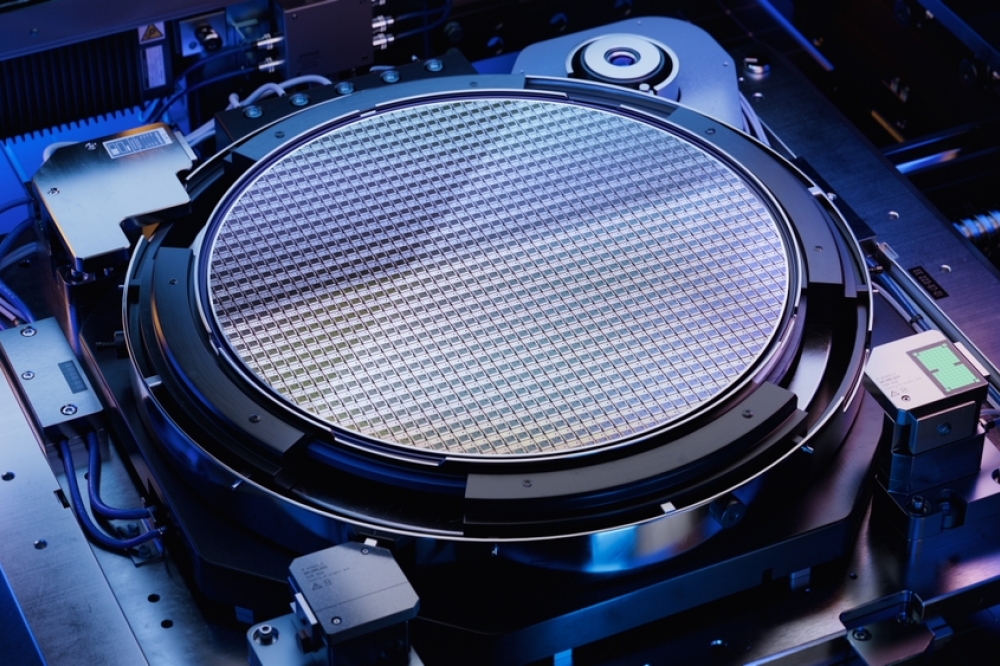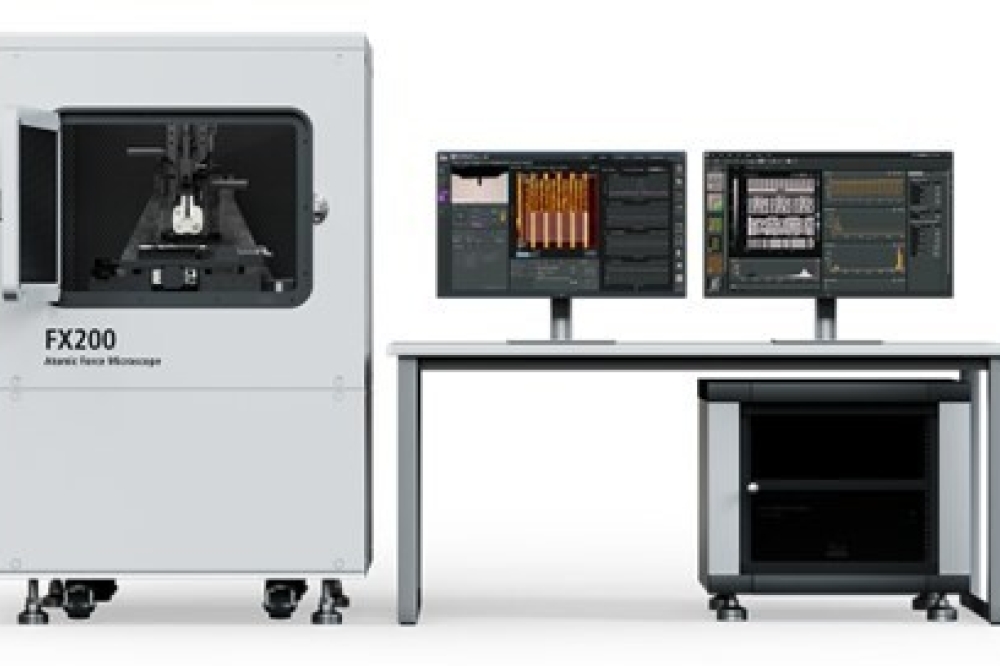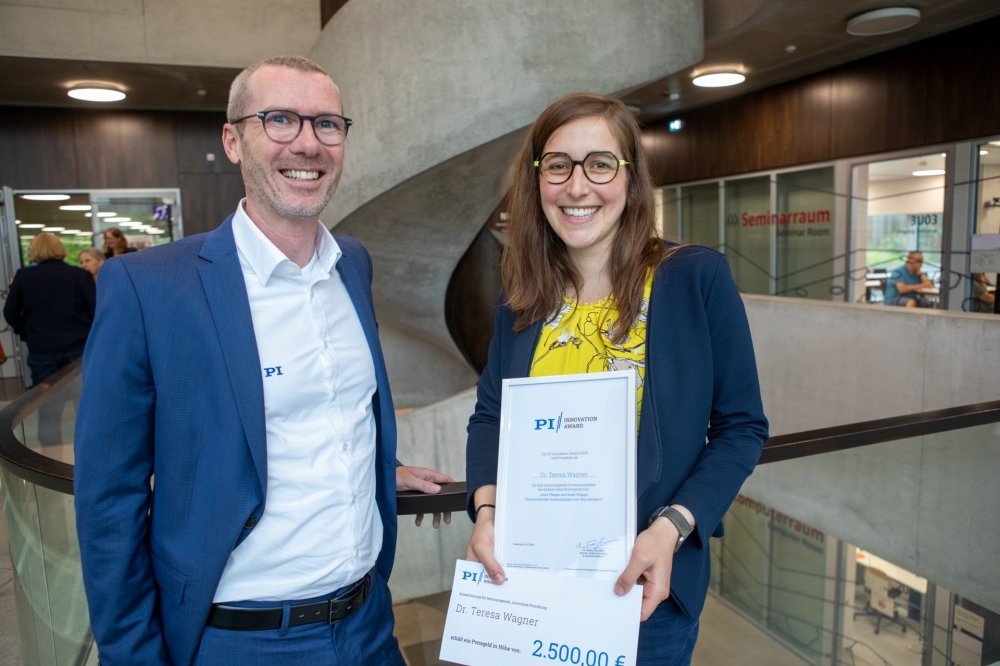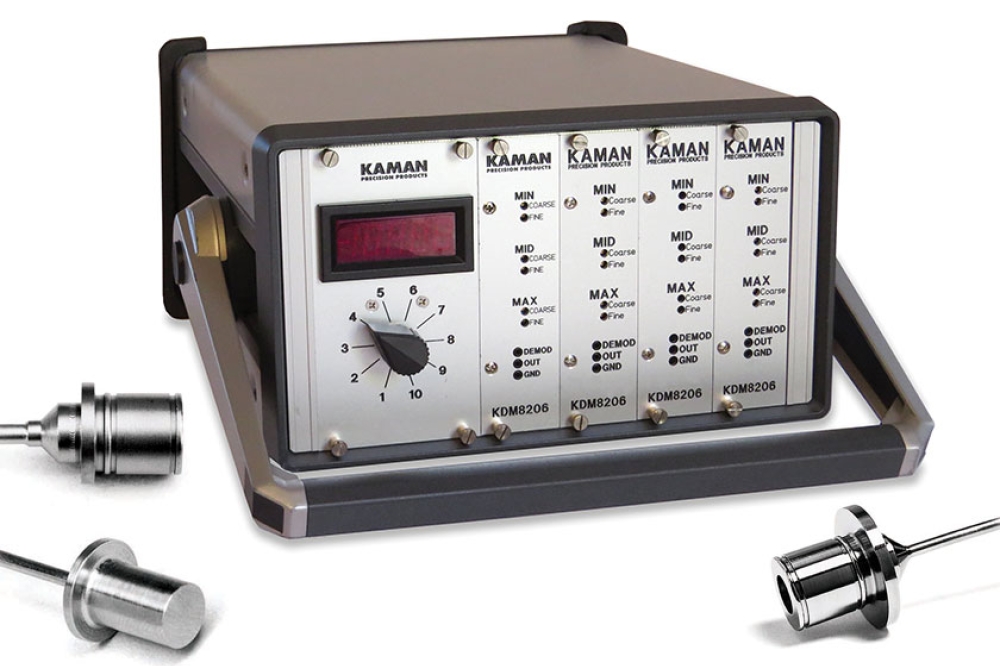New foundry to accelerate quantum information research
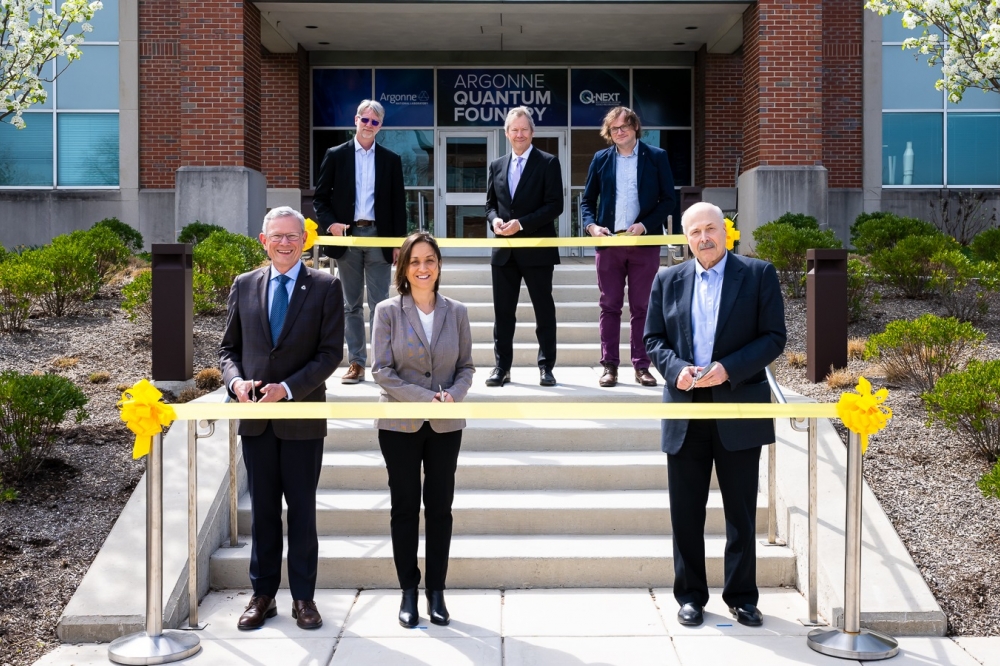
The U.S Department of Energy's (DOE) Argonne National Laboratory has built the Argonne Quantum Foundry to accelerate advances in quantum information science.
The foundry is a national source of materials and data for quantum research that is unique in the Midwest.
On April 19, Argonne marked its official opening at a ribbon-cutting celebration during which attendees toured the 6,000-square-foot research facility.
The creation of the Argonne Quantum Foundry was led by Q-NEXT, a DOE National Quantum Information Science Research Center hosted at Argonne. The foundry’s establishment and operation are a major part of Q-NEXT and set it apart as a quantum research center.
The foundry addresses the needs of the field on two fronts. One is to accelerate research.
In quantum information science, researchers turn nature’s quantum features, available only at atomic scales, to practical purpose. Quantum computers promise to solve today’s most intractable problems. Communication networks based on quantum technologies are expected to be unhackable.
At the foundation of these next-generation tools are sophisticated materials designed to store, process and distribute quantum information.
From a material’s creation to its incorporation into devices, the Argonne Quantum Foundry provides researchers with the tools to develop, test, fabricate and integrate novel forms of matter for quantum systems.
The second need is to strengthen the U.S. quantum ecosystem.
As a resource for the U.S., the foundry provides a robust, domestic supply chain of materials for both foundational science and industry research. Researchers within Q-NEXT, which include members of academia and industry, will be able to use the foundry. It will also be available for other national research efforts.
The Argonne Quantum Foundry focuses on a class of materials known as semiconductors. It features areas for developing, testing and fabricating semiconductor qubits, the fundamental components of quantum devices. It also features a prototype silicon-based quantum computer. The data collected at the foundry will be used to build a national database of materials and their properties.
Q-NEXT also led the establishment of a second foundry at DOE’s SLAC National Accelerator Laboratory. Its opening is imminent. It will focus on superconducting materials for quantum applications.


